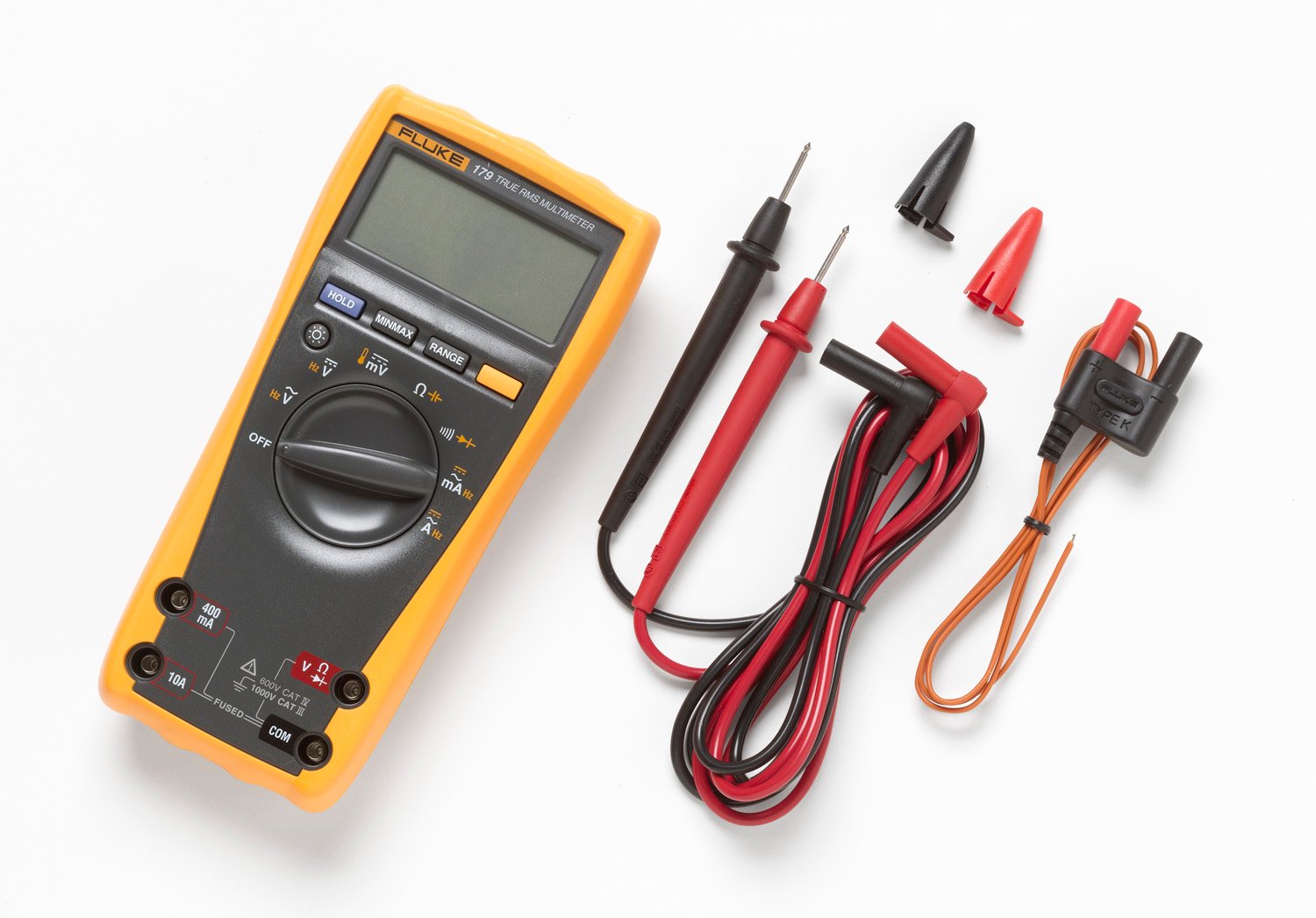While a voltmeter and a digital multimeter may seem similar at first glance, they are actually quite different tools with distinct advantages and disadvantages. If you need to measure voltage with a high degree of precision, a voltmeter is likely the best tool for the job. However, if you need to measure multiple electrical quantities and want a more versatile tool that can provide additional features like data logging, a digital multimeter is probably the better choice.
What type of voltmeter or multimeter is right for you? Find out.
Voltmeter vs Multimeter
When it comes to measuring electrical current, a voltmeter and a digital multimeter are two of the most common tools used. While they both serve the same basic purpose, there are some key differences between the two that are worth noting.
The main difference between a voltmeter and a digital multimeter is that a voltmeter is a specialized tool that only measures voltage, while a digital multimeter can measure multiple electrical quantities, including voltage, current, and resistance.
Voltmeter: Measuring Voltage with Precision
A voltmeter is a highly specialized tool that is used to measure voltage in a circuit. It works by connecting two probes to the circuit, which allows the meter to measure the voltage between those two points. Fluke offers a wide range of voltmeters, including the Fluke v3000 FC Wireless AC Voltage Module and the Fluke v3001 FC Wireless DC Voltage Module, which are perfect for measuring the precise voltage type you need.
Left: Fluke v3000 AC Voltmeter with test leads and alligator clips; Right: Fluke v3001 DC Voltmeter with test leads and SureGrip&trade alligator clips
One of the key advantages of a voltmeter is that it provides highly precise measurements of voltage. This makes it ideal for use in applications where accuracy is critical, such as in the development of electronic devices or the calibration of electrical systems.
Digital Multimeter: Versatile and Multifunctional
A digital multimeter, on the other hand, is a much more versatile tool that can be used to measure a variety of electrical quantities, including voltage, current, and resistance. Fluke's 179 True-RMS Digital Multimeter is a great example of a high-quality digital multimeter that can be used in a wide range of applications.

Fluke 179 Digital Multimeter with test leads and temperature probe
One of the main advantages of a digital multimeter is its versatility. By allowing you to measure multiple electrical quantities with a single tool, it can save time and money, while also providing a more complete picture of the electrical system being measured.
Another advantage of digital multimeters is their ability to provide additional features, such as data logging, which allows you to store and analyze measurements over time. This can be particularly useful in applications where you need to monitor electrical systems for changes or irregularities.
Similarities: Accuracy and Ease of Use
While there are some key differences between voltmeters and digital multimeters, both tools share some similarities as well. One of the main similarities is their ability to provide accurate measurements of electrical quantities.
Both voltmeters and digital multimeters are designed to provide highly precise measurements, which makes them ideal for use in a wide range of applications. Additionally, both tools are relatively easy to use, with intuitive interfaces that allow you to measure electrical quantities quickly and easily.
Whatever your needs, Fluke offers a wide range of high-quality voltmeters and digital multimeters that can help you get the job done quickly and accurately.